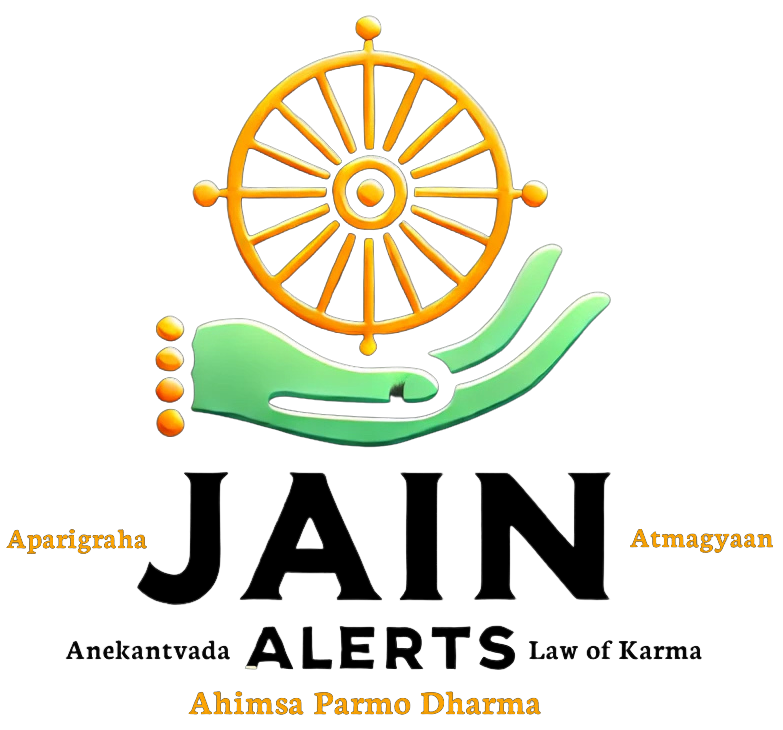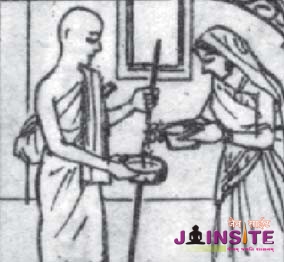Maun Agiyaras, also known as Maun Ekadashi, is a significant day in Jainism. Observed annually on the 11th day of the Shukla Paksha (waxing phase of the moon) in the Hindu month of Kartika, it usually falls in October or November. This sacred day is dedicated to silence, fasting, meditation, and introspection, commemorating the Kalyanaka (auspicious events) of many Tirthankaras (spiritual teachers).
In this article, we will explore what Maun Agiyaras is, its significance, why it is celebrated, how it is observed, and ways to participate. Whether you’re new to Jain traditions or looking to deepen your understanding, this guide provides all you need to know.
Table of Contents
What is Maun Agiyaras?
The term “Maun” means silence, and “Agiyaras” refers to the 11th day of the lunar fortnight. Maun Agiyaras is a day when Jains practice silence and fasting to focus on spiritual development. It is believed that on this day, several Tirthankaras attained key milestones in their spiritual journeys.
The day is part of the larger Jain philosophy, which emphasizes Ahimsa (non-violence), Aparigraha (non-possessiveness), and self-discipline.
Significance of Maun Agiyaras
- Commemoration of Tirthankaras
Maun Agiyaras marks the celebration of the Kalyanaka, or auspicious events, in the lives of many Tirthankaras. These events include their births, renunciation, enlightenment, and liberation. - Self-Purification
Observing silence and fasting on Maun Agiyaras helps in cleansing the mind and body. This purification is believed to lead to better self-control and a deeper connection with the soul. - Spiritual Growth
By abstaining from worldly activities and focusing on meditation, participants aim to reduce their attachment to material possessions and develop spiritual insight.
Why is Silence Important on Maun Agiyaras?
The practice of silence is central to Maun Agiyaras. Silence minimizes distractions and allows individuals to concentrate on their inner selves. It is believed that unnecessary speech leads to Karmic bondage, and observing silence reduces this burden.
Silence also encourages mindfulness and introspection, helping practitioners focus on ethical living and spiritual goals.
Fasting on Maun Agiyaras
Fasting is an essential part of Maun Agiyaras. Jains observe different types of fasts based on their capacity:
- Complete Fasting (Upavasa): No food or water for the entire day.
- Partial Fasting (Ekashana or Beashana): Eating only once or twice during the day, often consuming simple foods like boiled grains or fruits.
- Abstinence from Specific Foods: Avoiding root vegetables, grains, or processed foods.
Fasting is believed to purify the body and mind, reducing desires and fostering spiritual awakening. According to Jain scriptures, those who observe this fast for 11 years and 11 months may attain Moksha (liberation).
How is Maun Agiyaras Celebrated?
- Meditation and Prayer
Devotees spend the day meditating, reciting prayers, and reading Jain scriptures such as the Kalpasutra or Tattvartha Sutra. - Visits to Jain Temples
Many Jains visit temples to offer prayers and seek blessings. They may also participate in communal chanting and spiritual discourses. - Acts of Charity
Donating to charitable causes, supporting monks and nuns, or helping the needy is a common practice on this day. - Community Gatherings
In Jain communities, special programs are organized to discuss the teachings of Tirthankaras and encourage collective reflection.
How Can You Participate in Maun Agiyaras?
Even if you’re not a practicing Jain, you can observe Maun Agiyaras by incorporating its principles into your daily life:
- Practice Silence: Dedicate a few hours to silence. Avoid unnecessary conversations and focus on self-reflection.
- Fast or Simplify Your Diet: Skip a meal or eat simple, plant-based foods to align with the spirit of the day.
- Meditate: Spend time meditating or practicing mindfulness to connect with your inner self.
- Learn Jain Philosophy: Read about Jain principles such as non-violence and self-restraint.
- Engage in Charity: Donate to a cause that promotes peace, education, or environmental conservation.
Conclusion
Maun Agiyaras is more than just a day of silence and fasting. It’s a time for spiritual renewal, ethical reflection, and self-purification. By observing Maun Agiyaras, Jains and non-Jains alike can experience a deeper sense of peace and purpose. This sacred day is an integral part of Jain festivals, reflecting the core values of non-violence, self-discipline, and spiritual growth. Whether through silence, fasting, or acts of kindness, participating in this sacred day is a meaningful way to connect with your inner self and the world around you.
Embrace the spirit of Maun Agiyaras, and let it guide you toward a path of mindfulness and spiritual growth. Learn more about other Jain festivals and their significance to deepen your understanding of this enriching tradition.



